Affirming Identities and Building Relationships
By Laura Williams, Intermediate School Principal
Building authentic relationships with our diverse students is an essential part of education not only for our students but also for our ECS staff. Forming positive relationships with students is a precursor to our children beginning their learning journey. When instructors have solid relationships with students, they enable and empower them. Students are able to establish a greater level of trust with their teachers, and more students are willing to take risks and make mistakes. Taking risks and making mistakes can be very powerful for a student’s learning trajectory.
It is imperative that ECS educators are able to build respectful relationships with their students as well as affirm their cultural identities. Classroom instruction is enriched by learning about each students’ cultural, religious, and personal experiences. Teachers are able to interweave this richness and understanding of one’s background into their daily instruction.
For example, by focusing on culturally responsive practices in the classroom, educators learn how to build relationships with all students. At ECS, we have studied the literary work of Zaretta Hammond and the knowledge that she provides in her book Culturally Responsive Teaching & THE BRAIN. In this book, Hammond describes a brain-based teaching approach to culturally responsive instruction. In the video Calibrating Ideas About Culturally Responsive Teaching with Zaretta Hammond, she makes the distinction among multicultural education, social justice education, and culturally responsive teaching.
To ensure that different cultures are represented in learning, multicultural education at ECS surpasses text-book content and dives deep into the exploration of literacy and real-world issues. ECS not only ensures our educators receive professional development on culturally responsive practices but also uses social justice issues as authentic learning experiences for students.
Examples of these practices can be seen in multiple classes. In Cultural Literacy, students study origin stories to learn why storytelling is used to explain where humans came from and how the human race came to be. Novels involving different cultures also provides students with the ability to openly discuss their own background with their peers and teachers. In our Edible Schoolyard (ESY) classroom, students discover how to grow food and use it in culturally diverse dishes while also learning how to tackle issues surrounding food justice and equity. ESY allows the students to build relationships through teamwork in the garden and kitchen spaces while learning how food can impact one’s identity and link them to specific cultures.
Activities also play a role in cultural diversity and relationship building. While we strive to affirm our student’s cultural identities all year, this month, we took time to celebrate Black History in a tangible way. One way we accomplished this was through a door decorating contest. Throughout the month of February, students and staff took the time to learn and grow by decorating their doors to show unity, education, dignity, and empowerment for not just Black students, but all students.
While several doors are colorful and include pictures from history, others name individuals who made advancements in the environment, science, or the civil rights movement. Students were able to pick an individual, write about their contributions, then put it up on the door for their peers to learn more.
The door decorating contest and classroom education are a few of many ways ECS teaches students about different issues that can revolve around race. They provide a fun yet educational way to celebrate Black History month, cultural diversity, and relationship building while helping students understand some hard topics like discrimination and social and environmental injustices.
We wholeheartedly believe that by exposing all students to the rich diversity found in the classroom, we will ensure that all our children will make progress towards our goal of GROWING CITIZENS.
